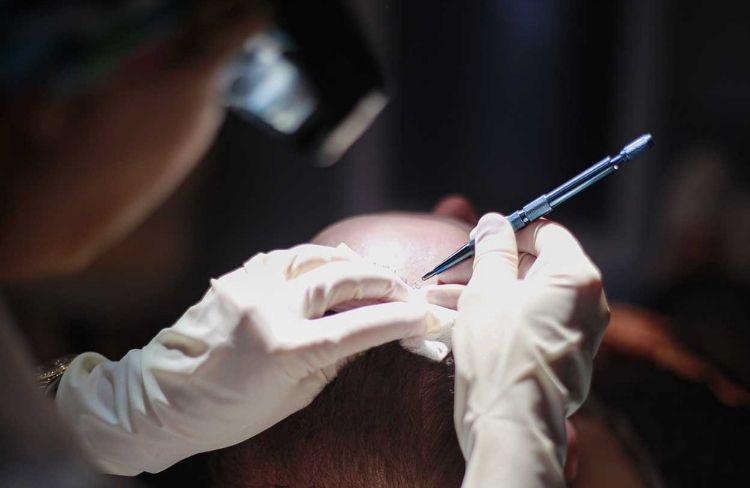FUE Hair Transplant: Understanding the Advantages and Benefits
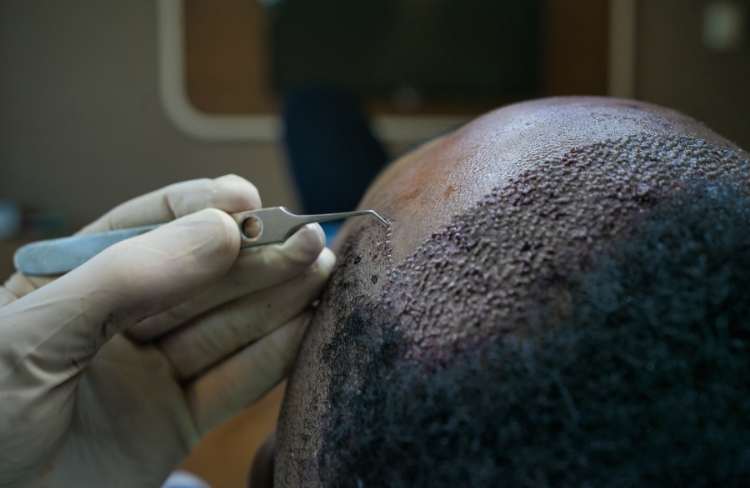
About Fue hair transplant method
Follicular Unit Extraction (FUE) is a method of hair transplantation that involves the extraction of individual hair follicles from the donor site and their transplantation to the recipient site. The goal of the procedure is to improve the appearance of the scalp and restore hair growth.
FUE is a minimally invasive procedure that is performed under local anesthesia. The procedure involves the use of a small punch tool to extract individual hair follicles from the donor site, typically the back of the head. The extracted hair follicles are then transplanted to the recipient site, typically the front or top of the head.

The main advantages of FUE include:
- Minimally invasive procedure: FUE is a minimally invasive procedure that is performed under local anesthesia. The procedure involves the use of a small punch tool to extract individual hair follicles from the donor site, typically the back of the head. This means that there is less tissue damage and less scarring compared to traditional methods like FUT.
- No linear scarring: One of the main advantages of FUE is that it does not leave a linear scar on the scalp. With FUT, a strip of scalp is removed, and the incision is closed with sutures. This can leave a linear scar that can be visible if the hair is cut short. With FUE, the incisions made to extract the hair follicles are small and dispersed, which means that any scarring is minimal and not easily visible.
- Faster recovery times: Because FUE is a less invasive procedure and does not require the removal of a strip of scalp, recovery times are typically faster than with FUT. Additionally, because there are no sutures or staples used, patients can return to normal activities more quickly and may be able to return to work within a few days.
- More natural-looking results: FUE allows for greater precision and control during the implantation process, which can lead to more natural-looking results. Additionally, because the hair follicles are implanted immediately after they are extracted, they are not subjected to any handling or manipulation, which can increase the chances of survival.
- No need for sutures or staples: FUE does not require the use of staples or sutures, which can be painful and can cause complications. This makes the procedure more comfortable and less risky than traditional methods like FUT.
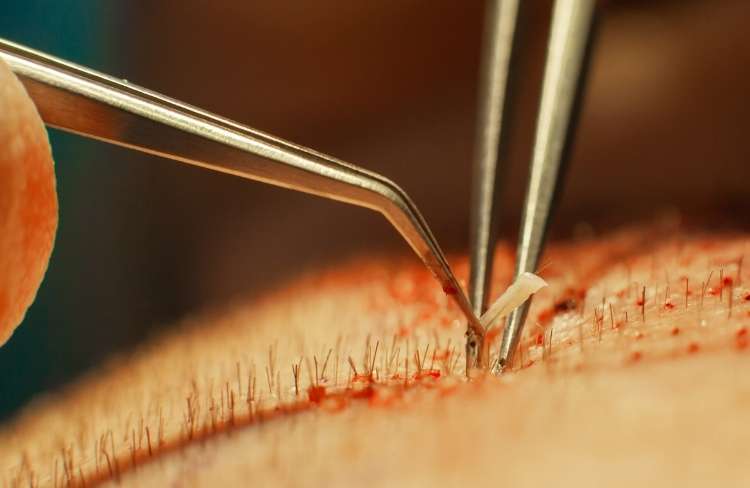
The benefits of FUE include:
- Ability to transplant a large number of hair follicles in a single session
- Greater flexibility in the design of the hairline
- Can be used to cover large areas of hair loss
- Suitable for people who want to avoid the social stigma of having a shaved head during the recovery period
As with any medical procedure, there are some potential side effects and risks associated with FUE. These include:
- Swelling and redness of the scalp
- Infection risk
- Bleeding
- Numbness of the scalp
- Changes in the color or texture of the hair
However, these side effects are typically mild and can be treated with over-the-counter pain medication and antibiotics. In rare cases, some patients may experience complications such as cysts, keloids, or ingrown hairs. These complications can be treated with topical creams or surgery.
It is important to note that FUE hair transplant results may vary and not every patient will achieve the same outcome. Patients should discuss their expectations and goals with their surgeon before undergoing the procedure.
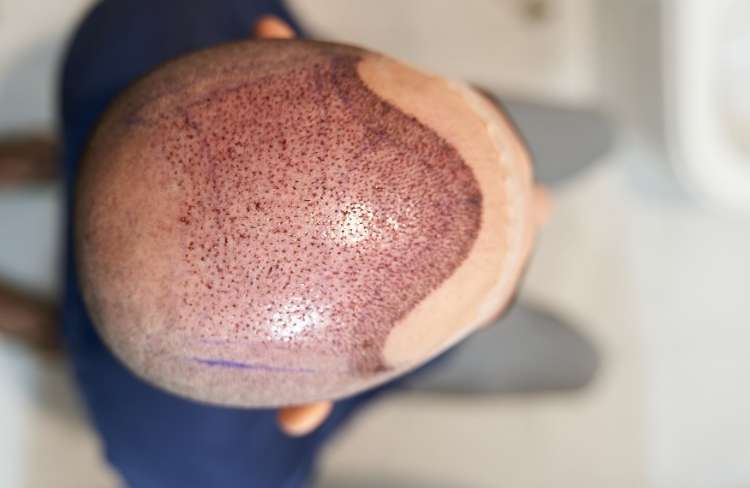
In conclusion, Follicular Unit Extraction (FUE) is a method of hair transplantation that involves the extraction of individual hair follicles from the donor site and their transplantation to the recipient site. The main advantages of FUE include minimal invasiveness, no linear scarring, faster recovery times, more natural-looking results and no need for sutures or staples. Additionally, FUE allows for the transplantation of a large number of hair follicles in a single session, greater flexibility in the design of the hairline and can be used to cover large areas of hair loss. As with any surgical procedure, there are potential side effects and risks associated with FUE, and it’s important to consult with a qualified hair transplant surgeon to determine if FUE is the right choice for you.
Other hair transplantation methods
DHI Hair Transplant
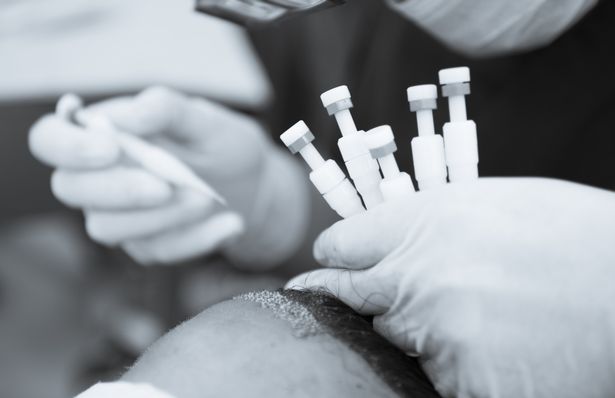
Sapphire FUE
